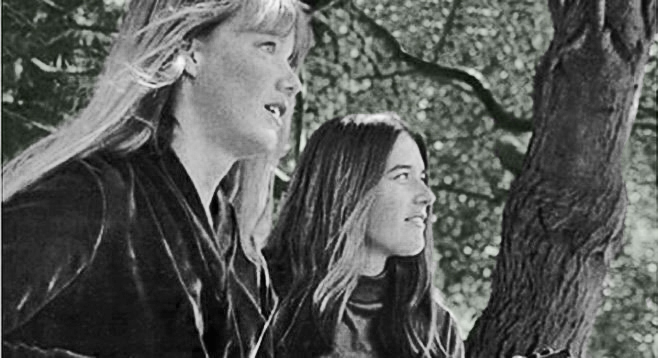
In The Enigma, a documentary on the Soviet pianist Sviatoslav Richter (available in its entirety on Youtube), you will discover Richter’s great gift for storytelling: he is terse, tense, and wonderful, telling a story just as he plays the piano—with quiet drama and intense, revelatory grace. Here is how he describes one of the more bizarre encounters of his life:
“It was in front of Odessa’s Opera House, before the
street lamps were lit… I walked past a man who stared
at me. His eyes were blank, without pupils—I recognized
Shostakovitch and felt most uncomfortable.”
But Richter’s fascinating narrative voice and persona are not the only things to recommend this movie: the documentary footage is masterful (the shades, the framing! This is avant-garde cinematography!), and strange, subtle aphorisms abound (“Take a piano as you take fate,” is a personal favorite). Whether or not you are familiar with Richter, this film will have the potential to possess you. Let it.
—Uzoamaka Maduka
“A Blacksmith Courted Me”
Audio clip: Adobe Flash Player (version 9 or above) is required to play this audio clip. Download the latest version here. You also need to have JavaScript enabled in your browser.
There’s a contested theory that the accents in written ancient Greek indicate pitch, and not, as we typically teach, the prolonging or emphasizing of a syllable. I accept this romantic hypothesis, preferring the image of slaves and citizens running around singing to each other, giving even a banal account of one’s day an operatic sweetness. The closest we get to this hellenic wisdom is the unaccompanied ballad, unfortunately not very trendy at the moment either. “A Blacksmith Courted Me” (by Kathy & Carol) is a powerfully simple love story and a beautiful melody, an example of this irrepressible instinct that the throat and lungs pushed a little further empowers our communication. There are no instruments in this song, just two voices and one story supporting each other.
—Alma Vescovi
Back to Back Theatre’s performance of Ganesh Versus the Third Reich, which opened this year’s Under the Radar Festival at The Public, reminded me why I still in believe in the importance of this art form. Utterly disarming and self-conscious in the most productive way, Ganesh constantly challenges our preconceived notions about live theater, poking us in our seats lest we treat this medium as something too precious, pushing us to the edge of our comfort zone. I could go on about the disarming world created on stage by these actors—all but one of the five are “intellectually disabled”—but if I had to settle on one lasting, haunting image, it would be the soft gaze of Simon Laherty, who over the course of the play performs both the role of Levi, a concentration camp prisoner, and Hitler.
—Elianna Kan
The above passages open Peter Dale Scott’s grueling, disquieting volume, American War Machine: Deep Politics, the CIA Global Drug Connection and the Road to Afghanistan. Scott is a poet, and a professor of English at UC Berkeley. He is also a respected, tenacious, and incisive historian-journalist whose numerous studies of contemporary American history have focused on what Scott terms “deep politics.” Lately, I’ve had trouble shaking the story about Scott, Alfred McCoy, and the intimidated, would-be whistleblower. How do they forget? What is the mechanism behind this forgetting? When is forgetting an accident, and when is it a socially expedient act? The anecdote points to a strange, subterranean intimacy between the individual unconscious and the social order, such that violence done to one is done also to the other.
—Jac Mullen





